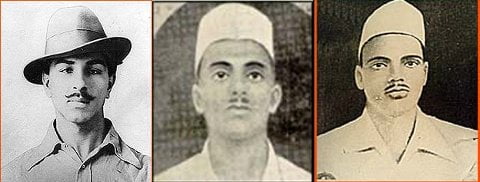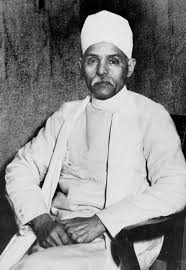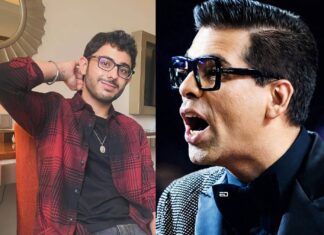By Shubham Goswami
Back in Time is ED’s newspaper type column that reports an incident from the past as though it has happened just yesterday. It allows the reader to re-live it several years later, on the date it had occurred.
For this incident, we go back in time to 1931.
Delhi, Sunday, February 15: Yesterday, Pandit Madan Mohan Malaviya of the Indian National Congress appealed to Lord Irwin for the mercy of the three accused in the Second Lahore Conspiracy Case. Earlier Bhagat Singh, Shivram Rajguru and Sukhdev Thapar were found guilty under section 121 and section 302 of the Indian Penal Code and also under section 4(b) of the Explosive Substances Act in a trial which ended on 7th October last year. The three accused have been sentenced to death by hanging.
On 17th December 1927, Singh and Rajguru shot dead Assistant Superintendent of Police, John Saunders while on an operation to execute Superintendent James Scott. The killing is believed to have been in revenge on the death of late Lala Lajpat Rai. They were assisted by Sukhdev Thapar and Chandrashekhar Azad. The trio managed to evade the police until April 8, 1929, when Singh and Batukeshwar Dutt hurled bombs inside the Central Legislative Assembly, Delhi. There were no casualties in the event but it led to their arrest. Later the trio was charged with the murder of Saunders.
Image (From Left): Bhagat Singh, Sukhdev Thapar, and Shivram Hari Rajguru
The death sentence has left the country in a state of shock. Protest movements have been organized in various parts of the country condemning the verdict.
Earlier this year, a defense committee in the Punjab Province made an appeal to the Privy Council in England to reconsider the verdict. But the plea was rejected. It is known that Bhagat Singh was initially opposed to any plea of mercy but later agreed in the hope that it would help popularize the HSRA in Britain.
During a visit to the Viceroy yesterday, Pandit Malaviya made another appeal for mercy and requested to commute the death sentence to that of transportation for life. According to Pt. Malaviya, the Council should spare their lives on a couple of fair grounds. The first of these is humanitarian. And the second is a consideration of the fact that their action was not prompted by any personal or selfish motivation, but was driven by patriotic impulse.
A close source revealed that Pt. Malaviya emphasized the fact that the trio should be given another fair hearing. He is also believed to have highlighted the fact that a death sentence will cause a lot of dissent among the public whereas exile would appease the public to some extent.
Image: Pandit Madan Mohan Malaviya
It will be interesting to see whether the interaction between Pt. Malaviya and the Viceroy has any effect on the death penalty.
Post Scriptum: Despite efforts from various activist groups the death sentence was not repealed. In the wee hours of 23rd March 1931 Bhagat Singh, Rajguru and Sukhdev were hanged to death in Lahore Jail. Bhagat Singh died but he not only kept alive the Freedom Movement but furnished it with new energy and vigour. Now the 23rd day of March is mourned as Martyr’s Day in remembrance of the three brave-hearts. Their patriotism and revolutionary zeal will continue to inspire the youth of this country for generations to follow.
Image Credits: Google





































